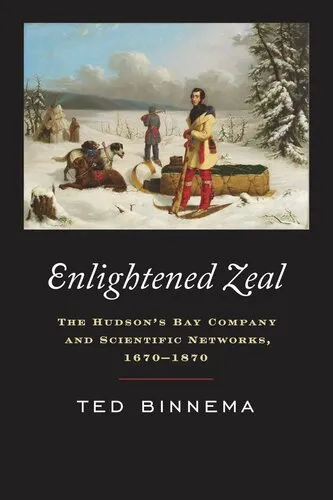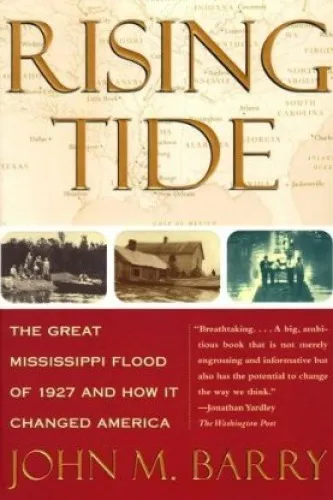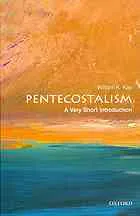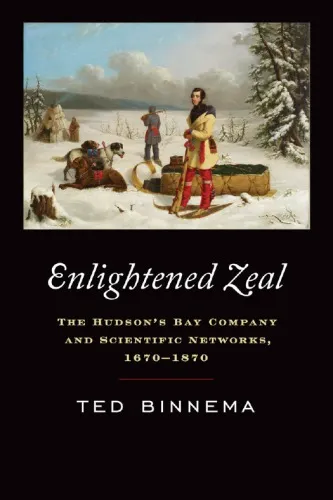Enlightened Zeal: The Hudson's Bay Company and Scientific Networks, 1670-1870
4.5
Reviews from our users

You Can Ask your questions from this book's AI after Login
Each download or ask from book AI costs 2 points. To earn more free points, please visit the Points Guide Page and complete some valuable actions.Related Refrences:
Introduction to "Enlightened Zeal: The Hudson's Bay Company and Scientific Networks, 1670-1870"
"Enlightened Zeal: The Hudson's Bay Company and Scientific Networks, 1670-1870," by Theodore Binnema, is an exceptional historical analysis that examines the intersection of commerce, imperialism, and science in the context of the Hudson's Bay Company (HBC). This meticulously researched book delves deep into the 200-year period during which the HBC not only dominated the fur trade but also served as a conduit for scientific exploration and innovation. Through its carefully structured narrative, the book reveals how the HBC played a key role in the development of geographic and natural knowledge and contributed to global scientific networks.
Binnema paints a vivid picture that connects the company's trading practices with the Enlightenment-driven curiosity of the era. By positioning the HBC as a significant participant in advancing science, this book demonstrates how commercial enterprises can influence knowledge production. In doing so, Binnema highlights the strategic partnership between merchants, sailors, explorers, and scientists, creating a unique understanding of the symbiosis between imperial ambitions and scholarly pursuits. This introduction illustrates the scope of the book, key themes, and why it deserves attention from both scholars and general readers.
Detailed Summary of the Book
At its core, "Enlightened Zeal" explores two major themes: the Hudson's Bay Company's role in the scientific community during its peak and the complex relationships between commerce, colonialism, and knowledge generation. The book is divided into chapters that chronologically and thematically analyze the company's influence on areas like geography, natural history, and cartography.
Binnema begins the book by detailing the founding of the Hudson's Bay Company in 1670 during an era of European expansion and exploration. From its inception, the company was deeply embedded in a web of global networks, where trade and knowledge often overlapped. As its agents traversed the uncharted territories of North America, their reports, artifacts, observations, and specimens fueled European scientific discoveries.
The author traces how the HBC's employees—many of them amateur naturalists, surveyors, and cartographers—contributed significantly to the understanding of the Arctic regions, western Canada, and untamed wildernesses unknown to Europeans. Their collaborations with indigenous communities expanded the knowledge base of flora, fauna, geography, and meteorology. Moreover, the company’s journals, maps, and correspondence became valuable to academic institutions and European intellectuals.
By exploring the company's funding of scientific missions, including Arctic expeditions and environmental studies, Binnema emphasizes its involvement in a larger imperial agenda. However, the book doesn’t shy away from critical discussions about exploitation, colonialism, and the commodification of indigenous knowledge, offering a nuanced perspective on the HBC’s legacy.
Key Takeaways
- The Hudson's Bay Company was not solely a commercial entity but also an important hub for scientific advancement during the Enlightenment era.
- The partnership between HBC officers and indigenous peoples was instrumental in expanding European knowledge of North America's geography and natural sciences.
- Scientific exploration was often driven by imperial and economic motivations, blurring the lines between curiosity and conquest.
- Binnema reveals how the documentation and data gathered by the HBC influenced global knowledge systems while reinforcing the power dynamics of colonialism.
- This work challenges readers to think critically about the role corporations play in shaping and documenting history, culture, and science.
Famous Quotes from the Book
"The Hudson's Bay Company was not merely a commercial enterprise; it was an engine of discovery that brought knowledge of distant lands to the forefront of global curiosity."
"Through the observations of its agents and the contributions of indigenous peoples, the HBC became an unintentional yet critical participant in the Enlightenment's greatest intellectual endeavors."
"Commerce and science, despite their apparent divergence, formed an unlikely partnership in the Hudson's Bay Company’s pursuit of ‘enlightened zeal.’"
Why This Book Matters
"Enlightened Zeal" is more than a historical account of the Hudson's Bay Company; it is a profound exploration of how commerce and science intertwined to shape the modern world. Drawing connections between economics, colonialism, and the production of knowledge, the book challenges traditional narratives around exploration and discovery.
By highlighting the company's role in fostering scientific networks during the Enlightenment and beyond, Binnema broadens our understanding of how corporations can influence fields outside their immediate realm. The book is a must-read for historians, economists, and anyone interested in the legacies of colonial enterprises and their global impact.
In an era where businesses are increasingly seen as drivers of innovation beyond profit, this book offers a historical lens on corporate influence that is both timely and valuable. By presenting the HBC as a case study, "Enlightened Zeal" raises important questions about ethics, collaboration, and knowledge dissemination—questions that resonate powerfully in contemporary discussions.
Free Direct Download
You Can Download this book after Login
Accessing books through legal platforms and public libraries not only supports the rights of authors and publishers but also contributes to the sustainability of reading culture. Before downloading, please take a moment to consider these options.
Find this book on other platforms:
WorldCat helps you find books in libraries worldwide.
See ratings, reviews, and discussions on Goodreads.
Find and buy rare or used books on AbeBooks.
1294
بازدید4.5
امتیاز0
نظر98%
رضایتReviews:
4.5
Based on 0 users review
Questions & Answers
Ask questions about this book or help others by answering
No questions yet. Be the first to ask!














